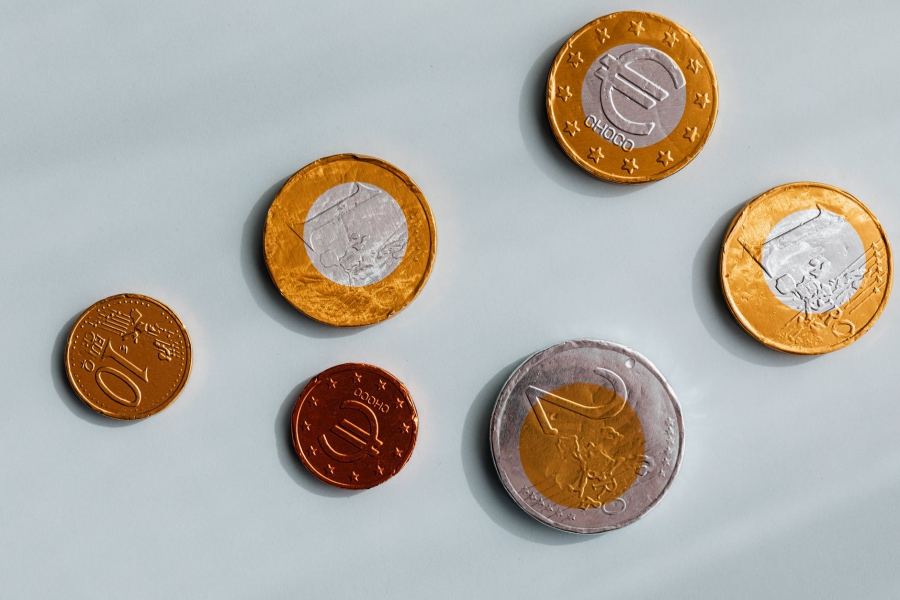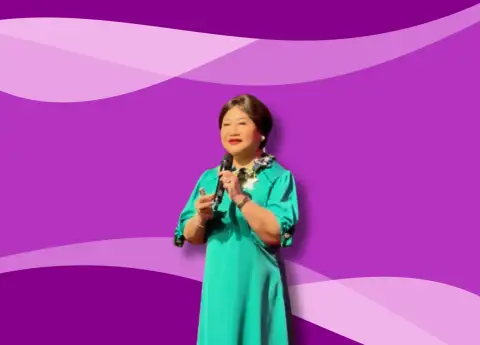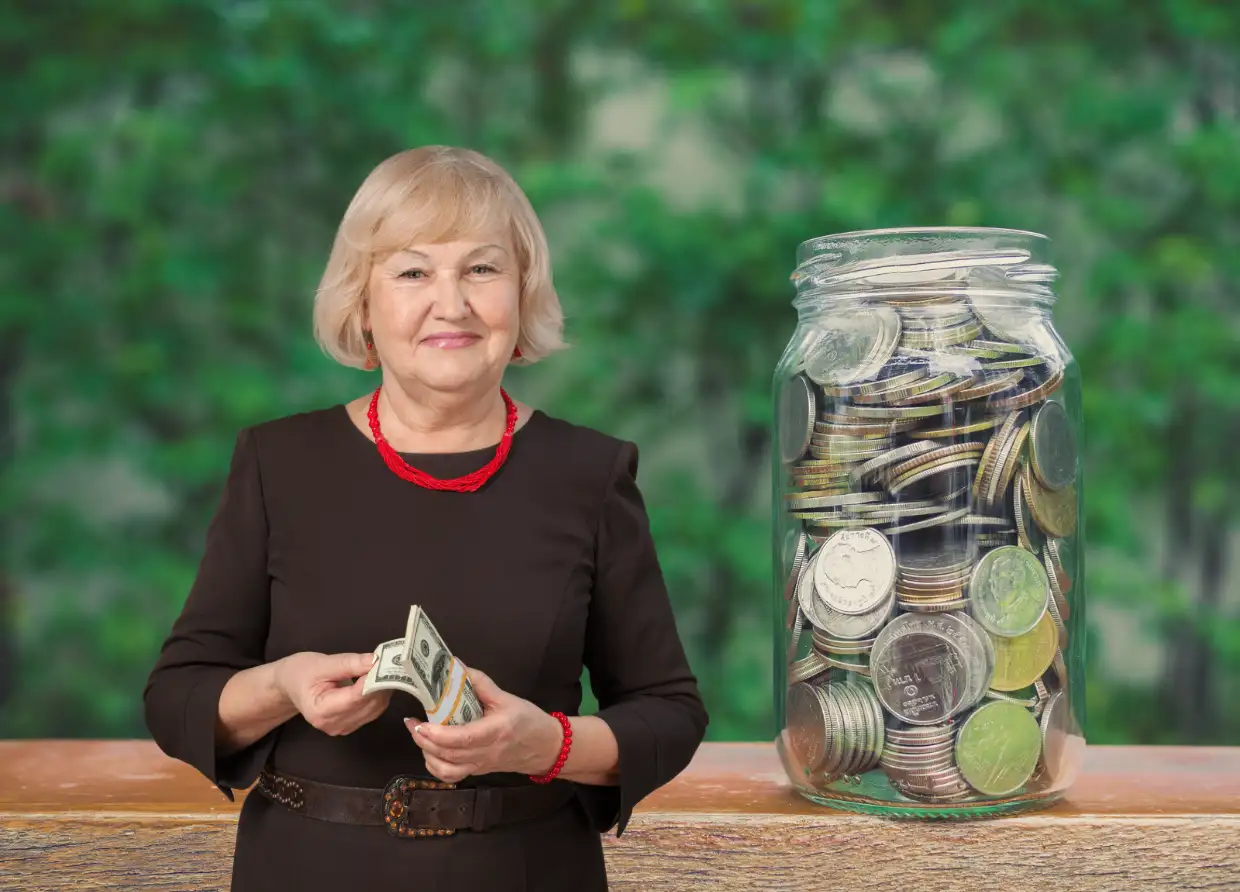FINANCIAL FEMINIST: AN ISSUE MODERN WOMEN SHOULD KNOW
Being just a feminist might not be enough.

Talking about gender equality entails discussing equality in a variety of contexts, not only in the political and social realms but also in the economy — or, in other words, finance.
Money has long been a source of concern for women. One of the topics we never get tired of discussing is the gender pay gap. Aside from that, some issues are rarely discussed, such as the investing gap, the pension gap, and the confidence gap. Unfortunately, the pandemic is widening the gap in all of these areas.
The side effect of COVID-19 on women's economies has never been gender-neutral, according to the report UN Women: COVID-19 and its Economic Toll on Women. In fact, amid this pandemic, women earn less, save less, account for a disproportionate share of the informal economy, have less access to financial protection, and are more vulnerable to layoffs.
According to BPS data, the female open unemployment rate in 2020 increased to 6.46 percent or approximately 631 thousand people. In comparison to 2019, this figure increased by 1.24 percent. And "there has been a disruption in labor conditions as a result of the emergence of the COVID-19 pandemic", according to the same data.
This is why financial feminism is becoming increasingly important in this era. There's no need to be concerned if you want to learn more about what a financial feminist is and how to become a complete financial feminist. We've got you covered, ladies.
What exactly is a financial feminist?
Let us begin with the term "feminism". We're confident you've grasped the concept of feminism. "Feminism is more than a label or a thought; it should also refer to financial freedom for women," said Suzanne McGee, a Wall Street Journal financial journalist and author.

Is there a distinction between financial feminists and feminists? The answer is no. A feminist is a person who believes in and advocates for equality, while a financial feminist is someone who believes in the concept of financial equality for all women," said Ashley Feinstein Gerstley, a New York-based money coach and founder of the personal finance advice website The Fiscal Femme.
So, why do we call ourselves financial feminists rather than simply feminists? It is all about starting a specific conversation. In reality, discussing money can make women feel less at ease.
"These are sensitive topics that can be misunderstood, and the topic of finance often touches on other issues that we don't want to discuss," said Jessica Robinson, author of Financial Feminism: A Woman's Guide to Investing for a Sustainable Future.
The study discovered that talking about finances is difficult for women, and this subject has often been considered "taboo" for women to discuss throughout history.
"In fact, money is a tool that we can use to obtain the various life experiences that we desire," Ashley added. "Money gives you the power and freedom to make decisions about your family, career, and almost everything else."
The bottom line is that the term financial feminism is an essential foundation for women to speak up about money and salaries, investments, and savings, and it is easier to negotiate for justice in the workplace.
Consider your finances to be a form of self-care

That means you should spend more time getting to know yourself, your accounts, and your finances. Develop good financial habits and set financial goals (if you can't make money goals every month, set goals every year), download financial applications if necessary, always pay attention to the remaining money in your account, and create a budget that you can follow to manage expenses every month. It's a must.
Don't just save; start investing as well

Yes, saving and investing are distinct concepts. Saving gives you the freedom and opportunity you need at this time, such as when you want to leave a toxic workplace but haven't found a new job or when your cell phone suddenly breaks and can't be repaired.
While investing is more concerned with your future financial health. Set aside money for real estate, stocks, or mutual funds (you can start with as little as IDR 10,000, which is less than the cost of a cup of popular milk coffee). There's no reason not to invest. If you're wondering why you need to invest, remember that your future and old age are in your hands, not your family or partner.
So, are you ready to be a financial feminist?
#THE S MEDIA #Media Milenial #financial feminist



























